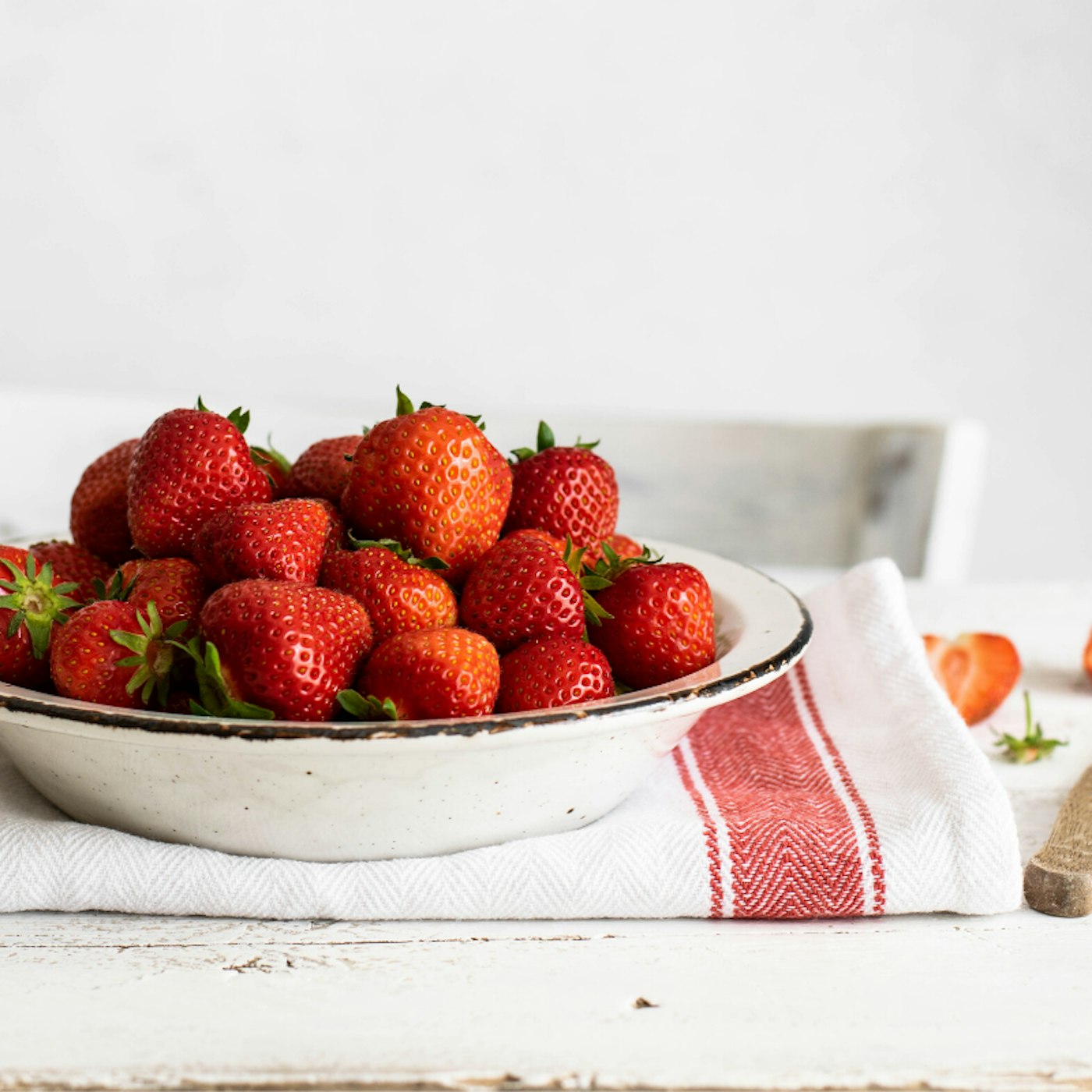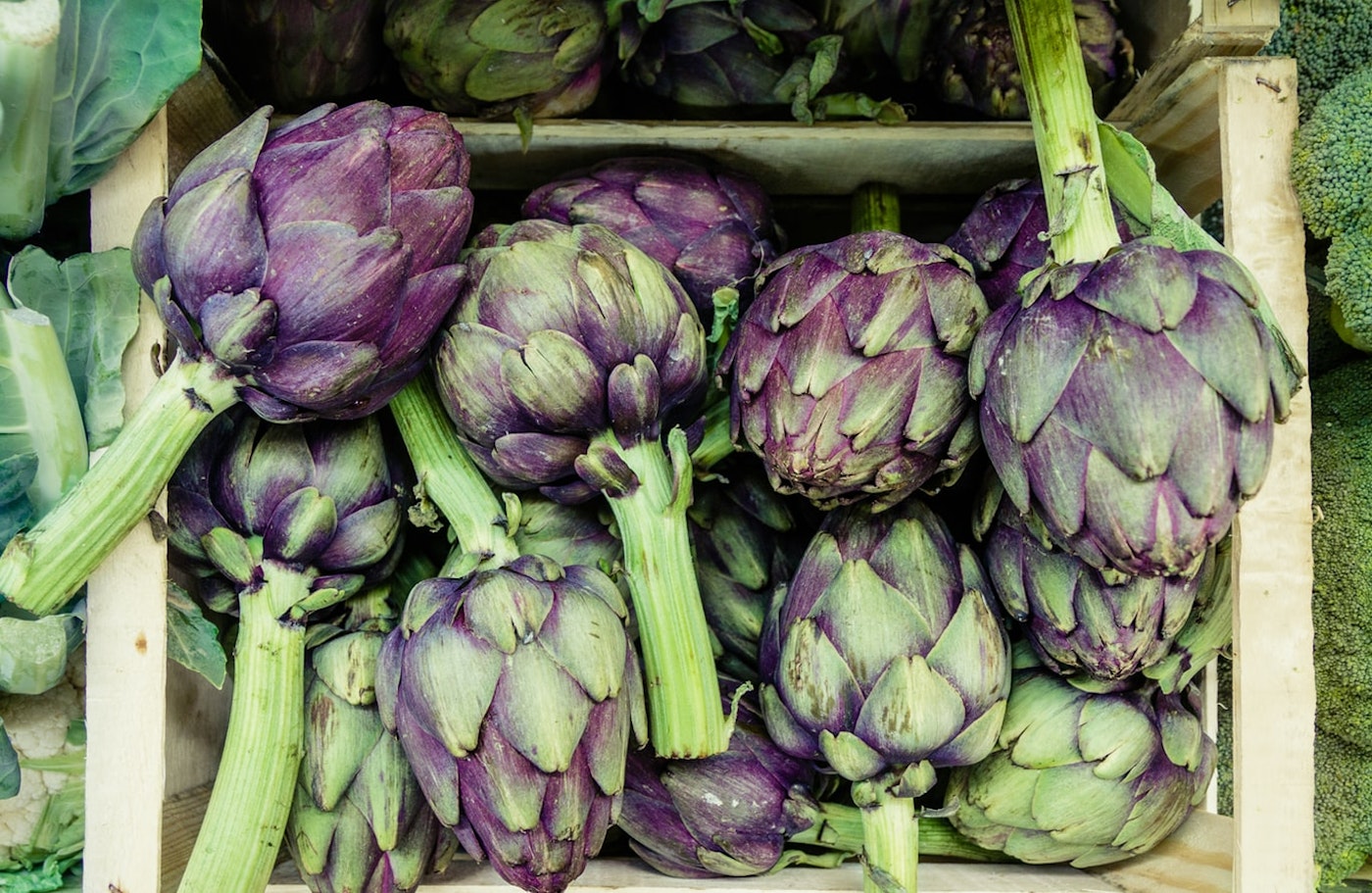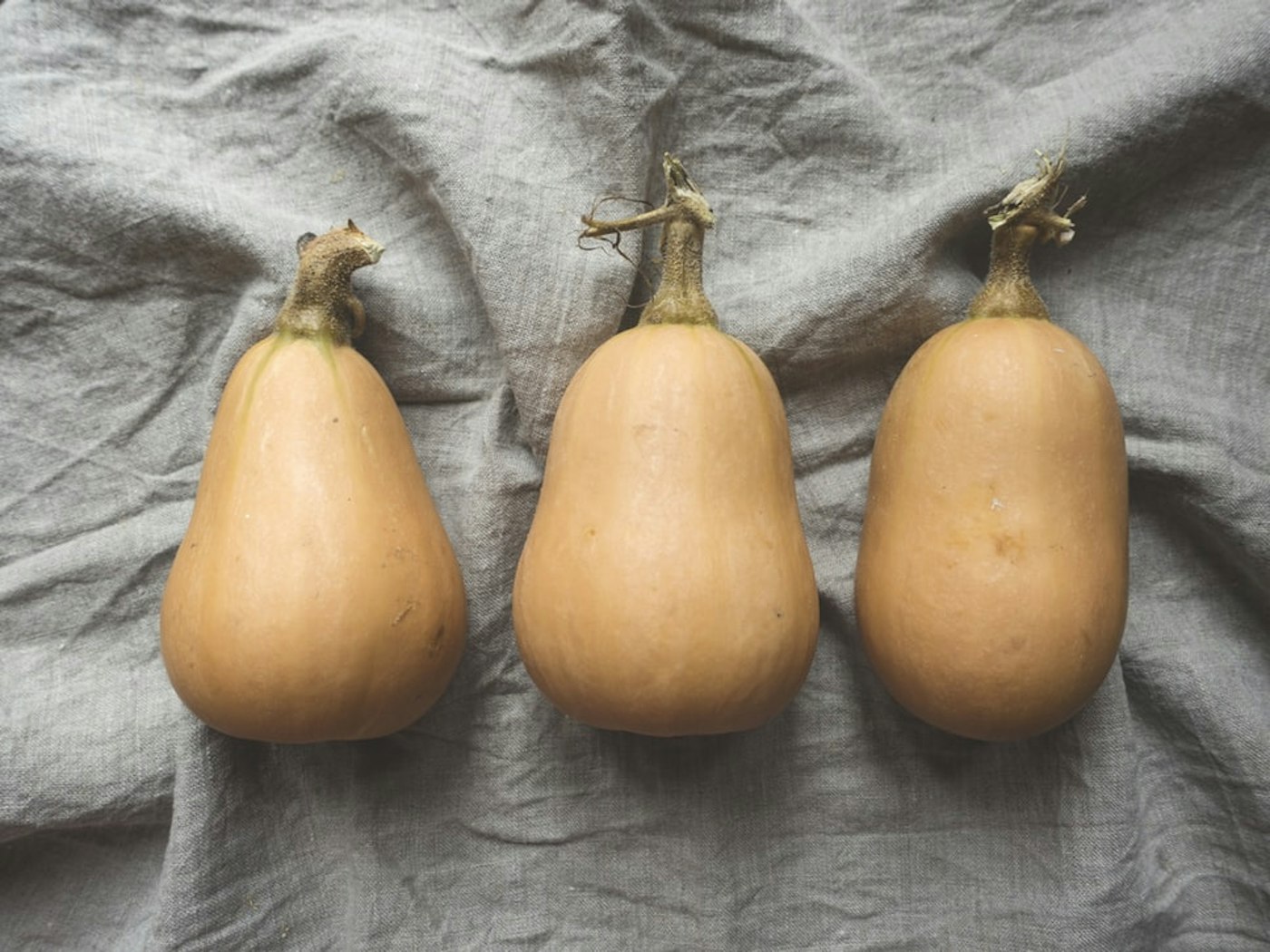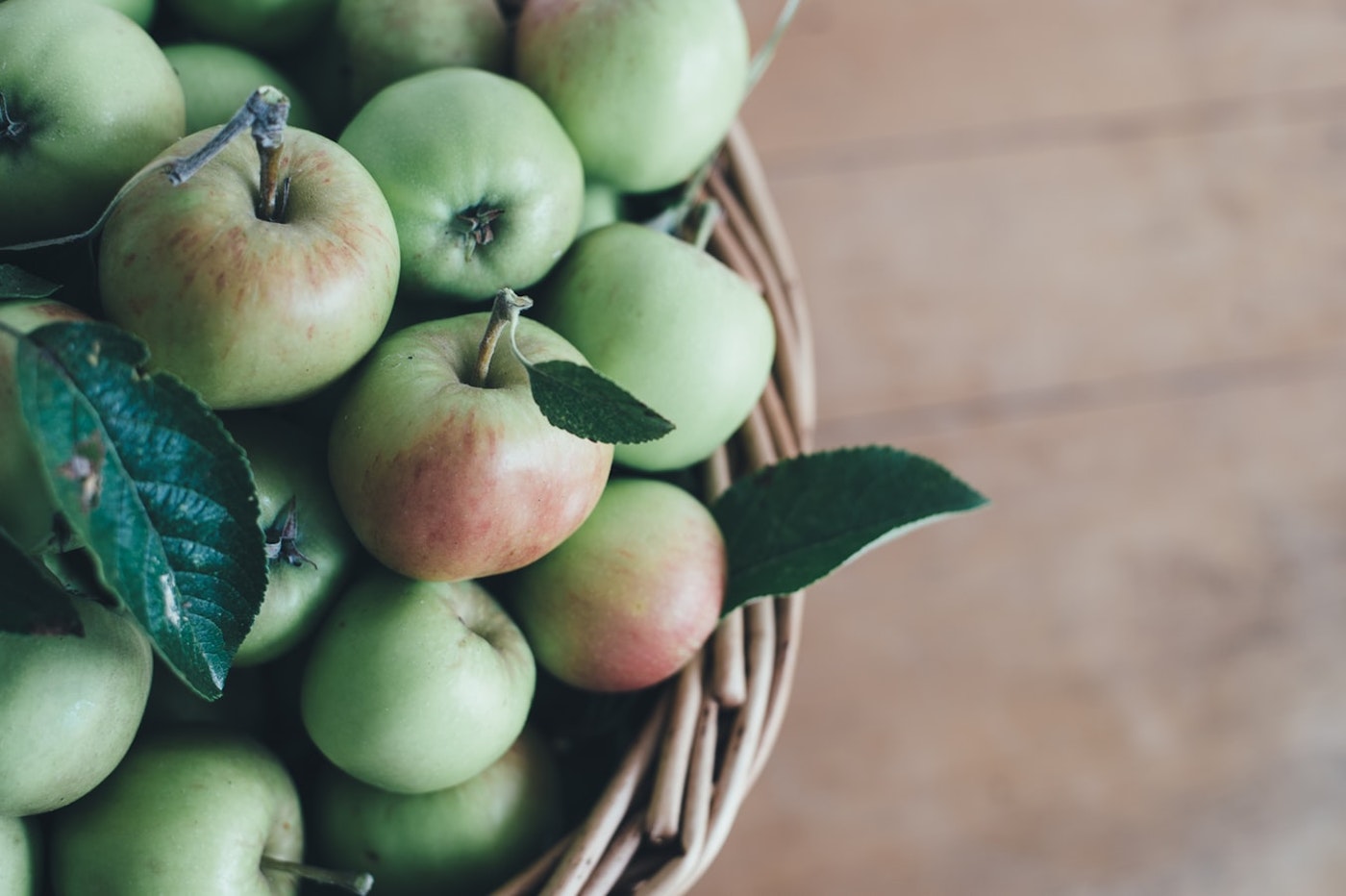Seasonal Superfoods Through the Year
by Ashiya Mendheria in Culture & Lifestyle on 18th December, 2019

Many natural fruits, vegetables, animal foods, herbs and spices are full of nutrients and have super powers for healing, health and well-being. Superfoods are typically seen as rare, exotic powders and expensive fruits from all over the world. However many of them are found locally and seasonally in the UK, that are exceptionally nutrient-dense, have a lower carbon footprint and are more accessible and affordable. Plus, there are countless ways to cook and enjoy them all.
SPRING (March – May)

Artichokes: these beauties are full of fibre, magnesium, vitamins and chromium. The carbohydrate element of artichoke is in the form of inulin which is a type of prebiotic that feeds beneficial bacteria in the gut.
Beetroot: a superb source of folate, fibre, manganese and potassium. Beetroot is known to cleanse the liver by revitalising its detoxification process.
Cabbage: considered the king of cruciferous vegetables, cabbage contains vitamin C, potassium, folate, calcium and magnesium. The compound glucosinolate in cabbage works to enhance antioxidant defence mechanisms, boosting the detoxification and elimination of harmful toxins.
SUMMER (June – August)

Blueberries: the wonderful purple and blue pigments are formed by its antioxidant compounds. Blueberries contain vitamin C, vitamin E, manganese, riboflavin and fibre. Blueberries protect against age-related conditions such as Alzheimer’s, protects the brain from oxidative stress, boosts urinary tract health and can improve motor and cognitive skills.
Broccoli: rich in vitamins A, B6, B9, C, E and K, protein, magnesium, potassium and phosphorus. Broccoli helps to detoxify the liver and contains tremendous anti-cancer properties.
Strawberries: abundant in vitamins C and K, fibre and flavanoids. The rich red colour of strawberries are from a flavanoid called pelargoindin and makes them a great anti-inflammatory and anti-cancer fruit. Strawberries are best enjoyed organic.
AUTUMN (September – November)

Raspberries: a delicious source of fibre, manganese, vitamin C and ellagic acid, an anti-cancer compound. Raspberries are wonderful for curbing sweet cravings.
Winter squash: including pumpkins and butternut squash. The richer in colour, the more carotenes winter squashes contain, which are protective against cancer, diabetes and heart disease.
Pears: with over 500 varieties found in the UK, pears are a good source of fibre, vitamin C, copper, vitamins B2 and E, and potassium. High in pectin, a form of fibre, consuming pears can strengthen the intestines and relieve constipation.
WINTER (December – February)

Apples: an incredible source of vitamin C, fibres, flavonoids and potassium; the vital nutrients are contained mostly in the skin of apples. Regular consumption of apples has shown to reduce risk of cancer, asthma, heart disease and type 2 diabetes. Pectin is also found in apples, and it can help to improve digestion and promote regular bowel movements.
Kale: another superfood from the cruciferous family, kale contains vitamins C, B6 and E, manganese, fibre, chlorophyll and minerals such as iron and calcium. Kale has anti-carcinogenic and antioxidant properties and health-promoting phytochemicals.
Brussels sprouts: high in folate, vitamin C, K, B6, B1 and fibre. They can reduce DNA damage, promote bowel movements and prevent colon cancer.
Ashiya Mendheria
Ashiya Mendheria is a nutritional therapist, and works with women and children of all ages, to cultivate wholesome health by focussing on nutrition and lifestyle changes. Ashiya believes health and vitality can be elevated through practical actions found in the daily, small but consistent habits.